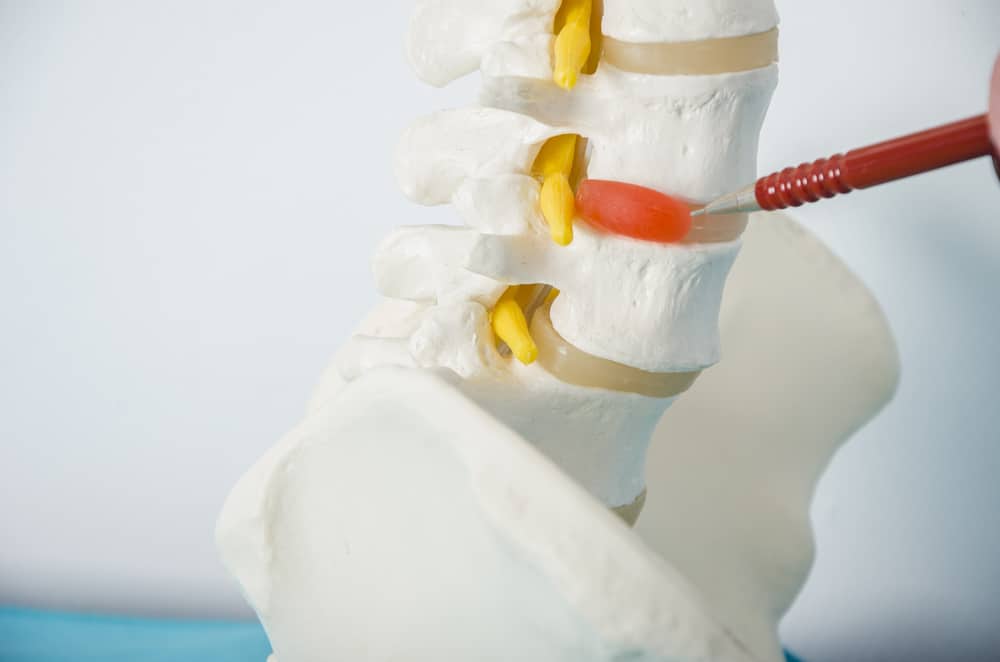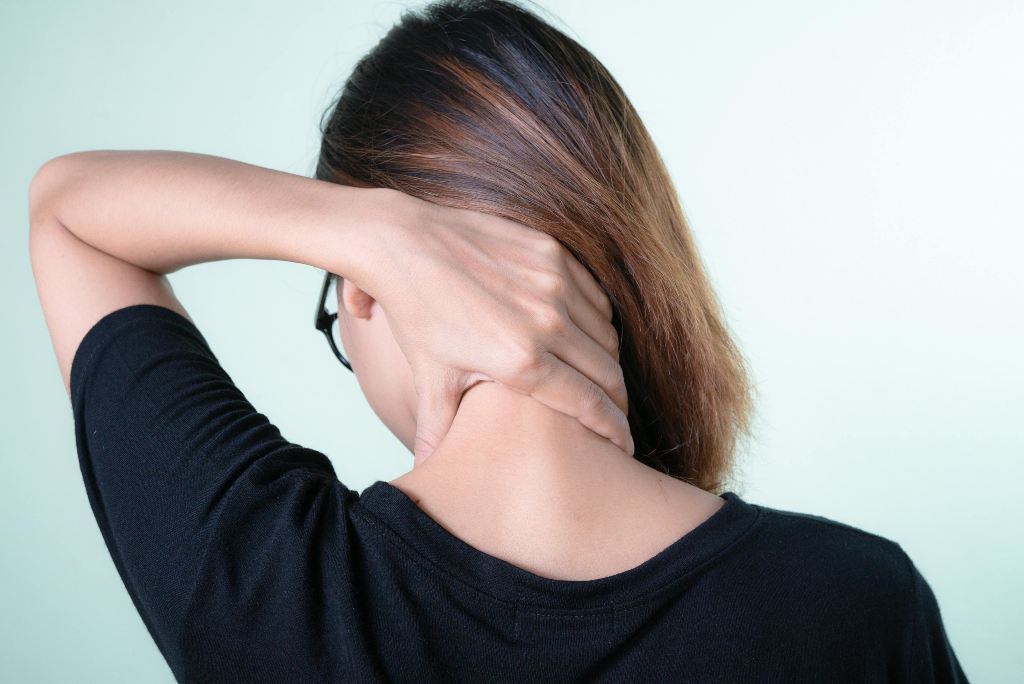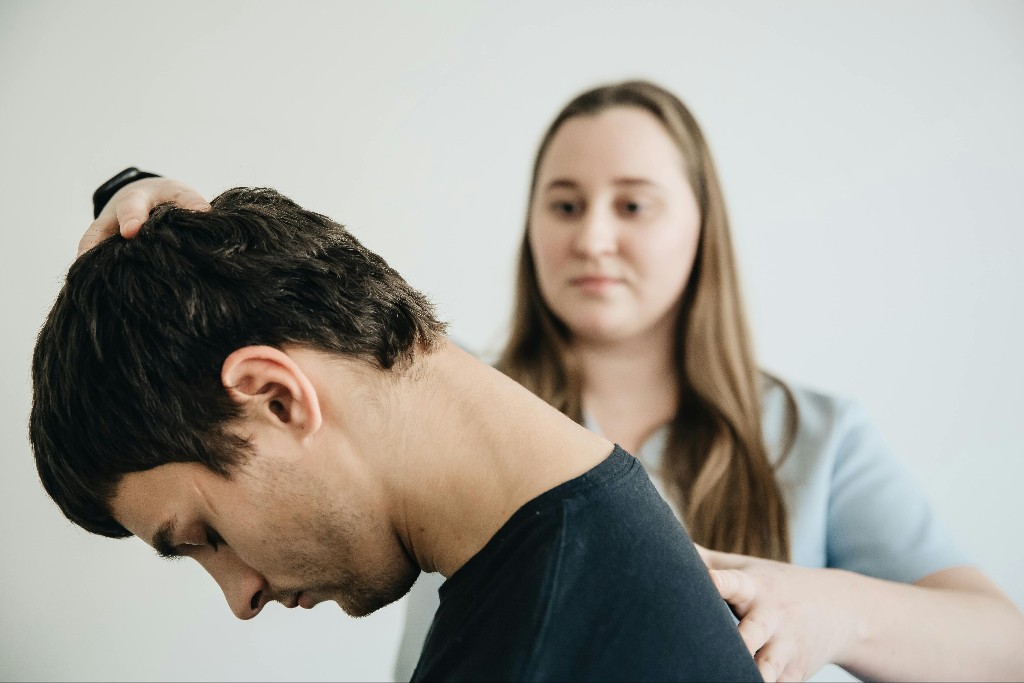Many people live with back pain hoping it will go away or trying to treat it with home remedies that may provide temporary relief but then the pain starts up again. Back pain can be a symptom of something as benign as sitting in an uncomfortable position for a long stretch of time, but it can also be a sign that something more serious is going on.
Sometimes living with back pain can actually mean you are allowing something serious like a herniated disc to go untreated. But if you haven’t sought treatment right away for back pain, there are still treatment options for overdue, untreated disc herniations. Here are a few signs you may want to seek out diagnosis and treatment from a spine specialist sooner than later:
Increase in Pain
A herniated disc caused by a sudden injury is sometimes considered a hidden injury because it may take a while for your body to experience pain. For example, the sudden impact or jolting of the body in a car accident may lead to a sore back, which you might expect to go away after a few days. But when the pain increases, especially localized to a specific area of the spine, then you want to meet with a spine specialist to diagnose or rule out a herniated disc.
When you suffer from a herniated disc, the sponge-like cushion that separates two vertebrae has slipped out of place and may even lead to bone rubbing against bone. When the discs are out of alignment with the vertebrae they are supposed to protect, many movements can cause pain as the disc is no longer able to absorb the shock.
Pain in New Areas
If your back pain is actually a symptom of a herniated disc then you may notice that after a few days or even a week the pain may radiate to other areas. A herniated disc could be pressing against a nerve, causing a tingling or numbing sensation in one of your extremities. You might also experience weakness or fatigue in affected muscles. Herniated discs are common in the lower back, and when left untreated, can begin to affect the muscles and nerve signals to the lower body, legs, and feet.
Chronic Pain
If you have been experiencing back pain for weeks or even months, you may be developing chronic pain from an untreated injury like a herniated disc. When left untreated, complications can arise and you may begin to notice a more significant impact on the rest of the body along with the constant pain. The acute pain that occurs with a herniated disc can transition into chronic pain if the injury is not addressed. Chronic pain can also become a second condition that requires treatment.
Soft Tissue Damage
Herniated discs are a type of soft tissue injury because the disc is considered soft tissue. When the disc slips out of place a spine specialist can assist with realigning the disc. However, in the case of a rupture, the disc does not have the ability to regenerate and this is considered damaged soft tissue. Depending on the severity of the injury, a herniated disc may need to be treated surgically in order to restore proper functioning to the area.
Nerve Damage
A more severe condition caused by a herniated disc can be nerve damage. The spine houses the nervous system which communicates to the rest of the body through a complex connection of nerves, and when the spine or its connective tissues are damaged then the nervous system can be impacted. When a herniated disc puts significant pressure on a nerve, it can lead to significant damage by cutting off nerve impulses. Compressed nerves can lead to significant conditions, including loss of sensation in lower extremities or even loss of bowel control.
The sooner you seek medical treatment for a herniated disc, the more likely your spine specialist can provide you with non-surgical treatment options. On your first visit, your doctor will want to get a clear picture of the affected area through a variety of diagnostic imaging tools such as X-rays and CT scans. An X-ray will provide your spine specialist with a greater understanding of any damage to the spine, while a CT scan will identify any soft tissue damage in addition to the spinal damage.
If you have back pain that has started to radiate into the lower body, legs and feet, or radiates out into the shoulders, arms, and hands, contact a spine specialist as soon as possible. Depending on the location and severity of a herniated disc, your doctor will likely want to begin with a more conservative approach to treatment, from at-home care to mild treatment interventions from a spine specialist, chiropractor, and even physical therapist. Our team at AICA Orthopedics can help you identify your back pain, no matter what stage it is in, and help you get on the path to healing.





